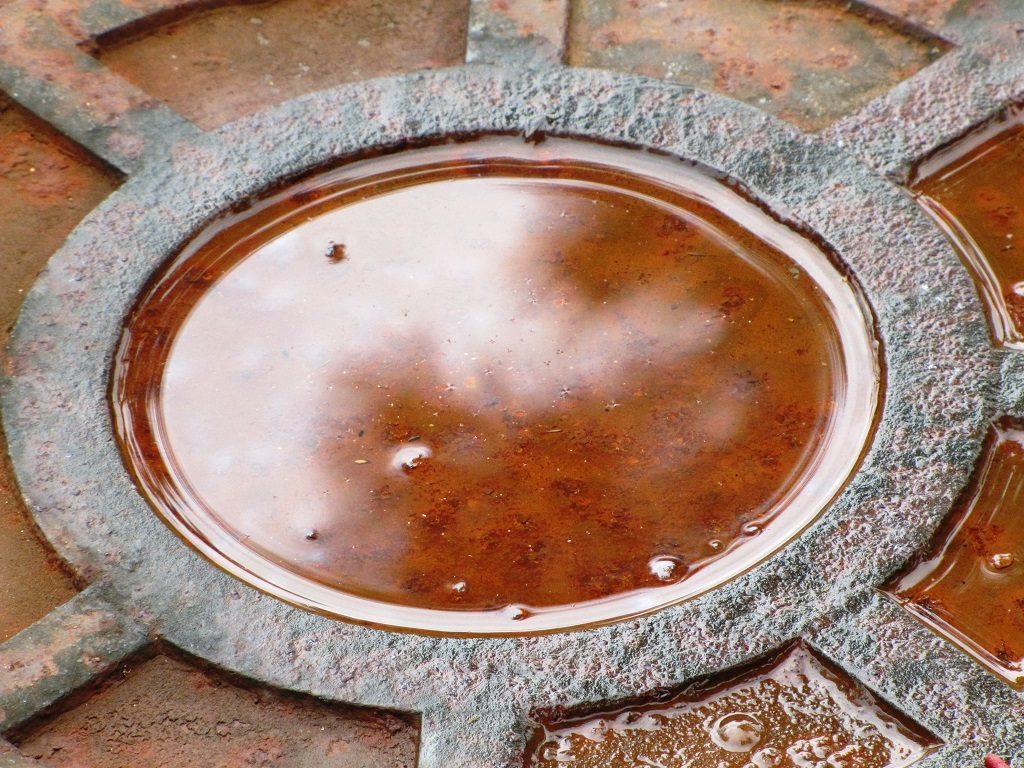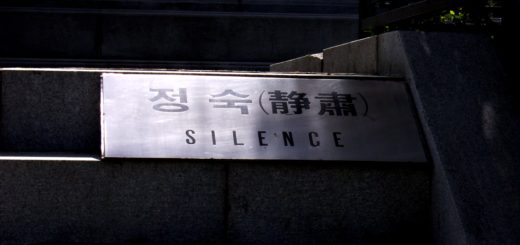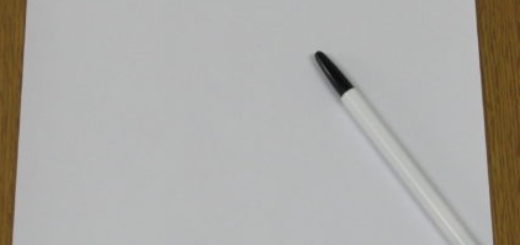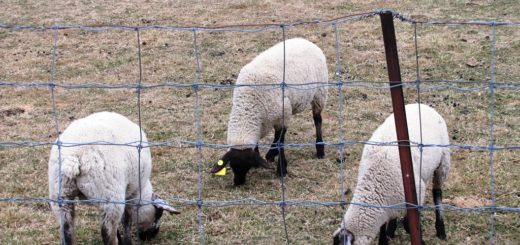Fear of Death, Fear of Life
The single most universal and inescapable necessity of all human life is death. In principle, though not in subjective experience, it is known from the very beginning of life that this outcome is inevitable. This awareness, to the extent that it is achieved, colors every aspect of life, and increasingly so over the years, until its certain, though temporally unpredictable, arrival. It would be no exaggeration, then, to say that life’s meaning is determined by death.
For what else is death but the absolute and specific limit of life? A limit, as such, is a defining line, the natural or essential border that distinguishes a thing from its surroundings, either materially or formally. Death is the limit of a man’s earthly life, which therefore means that death gives definition to his life.
The fear of death, then, has been essentially misunderstood through the centuries, I believe. The extent of the misunderstanding may be seen in the name of the fear itself. For it is not primarily death as such that we fear, but rather our life qua self-definition. Death, as a limit, is the point beyond which no further development of life is seen as possible, which is to say that it is the point at which our life’s essence is finalized. We all feel a natural trepidation at the thought of having to settle our account once and for all — to say, “This is me, all of me, and for all eternity I will be — I must be — exactly and exclusively this.”
A coward, philosophically speaking, should not be understood as a man who feels immoderately frightened of death. Rather, a coward is one who feels immoderately frightened of his life. He is one who, facing the approaching possibility or reality of the final limit, cries from the depths of his being, “I don’t want my life to be defined this way! Don’t let me be defined as I am today!” He is unnaturally terrified, and may even be driven to hysteria, by the thought that his life up to now, the life he currently lives, might serve as his permanent definition.
Overcoming the so-called fear of death, then, should be viewed less as an exercise in rationalizing denial, self-hypnosis, or crisis management, and more as a process of defining oneself agreeably in one’s daily life. That is, you must live in such a way that the awareness of your ever-approaching final limit, rather than driving your soul to moral paralysis, serves instead as a mere reminder — perhaps even a happy reminder — of the satisfying self-definition you have already achieved.
A warning, however: A materialist conception of the good life as a set of achievable goals or comforting outcomes will never provide the self-definition you need to feel ready to meet your final limit. In fact, we in the “advanced world” are currently witnessing the global experiment that proves beyond all doubt that living in accordance with the fallacy of happiness-as-comfort, far from reducing the fear of death, actually fosters the most appalling and near-universal cowardice. The slavish man, prepared to sacrifice his freedom, his will, and his neighbor’s life, to his petty material comfort, is hardly a model of courage. On the contrary, he is exactly the man most likely to shrink in terror at the mere hint of death, paralyzed by the sudden thought, “What if this is all there is?”
Afterword.– Let us come at this topic from the opposite direction. A few days ago, a student with a penchant for asking meaning-of-life questions wrote to ask what human life would mean if we did not die. Specifically, her central question was, “What philosophical features or meanings do the limitation of life and the vulnerability of the body add to life itself?” The following was my reply.
Death is the constant reality of our life, always there in the background of our thoughts, from approximately puberty to the end. And we are increasingly aware of it as the years pass, naturally, because it seems increasingly near. Obviously, this fact has a huge effect on how we think and live, even if we rarely consider it directly. There are basically two general ways to deal with the unavoidable reality of death’s approach: hide from it by behaving as though we will live forever, like children; or face the reality and allow it to guide our choices throughout life.
The first choice is self-destructive, because death comes whether we admit it or not, and we have no idea when. If life has any purpose at all, or if there is any action that is more suitable for humans, then if we ignore the chance to find that purpose now, pretending we will never run out of time, we are effectively choosing to die now — our bodies might continue for many years, but our souls are not involved anymore, for we have given up seeking meaning in our lives.
The second choice — face the reality of death’s approach — is the only option left if we want to live as humans. That is part of what I mean when I say, “I don’t waste time.” As far as possible, I try to spend my energy and time only in areas that will contribute to developing myself, finding my purpose, learning about myself, etc. To act randomly or without thinking of mortality at all is to live like a child, in a dream world. That world is suitable for young children, who believe life is forever, but not for adults who have the courage to be rational.
To summarize, then, the reality of death’s approach adds intensity and focus to our lives. This would not be true or necessary if we were pure souls, without matter. But as material beings full of potential that can be wasted, that focusing principle is essential. We might say that as humans living in bodies, death is necessary to living well.




